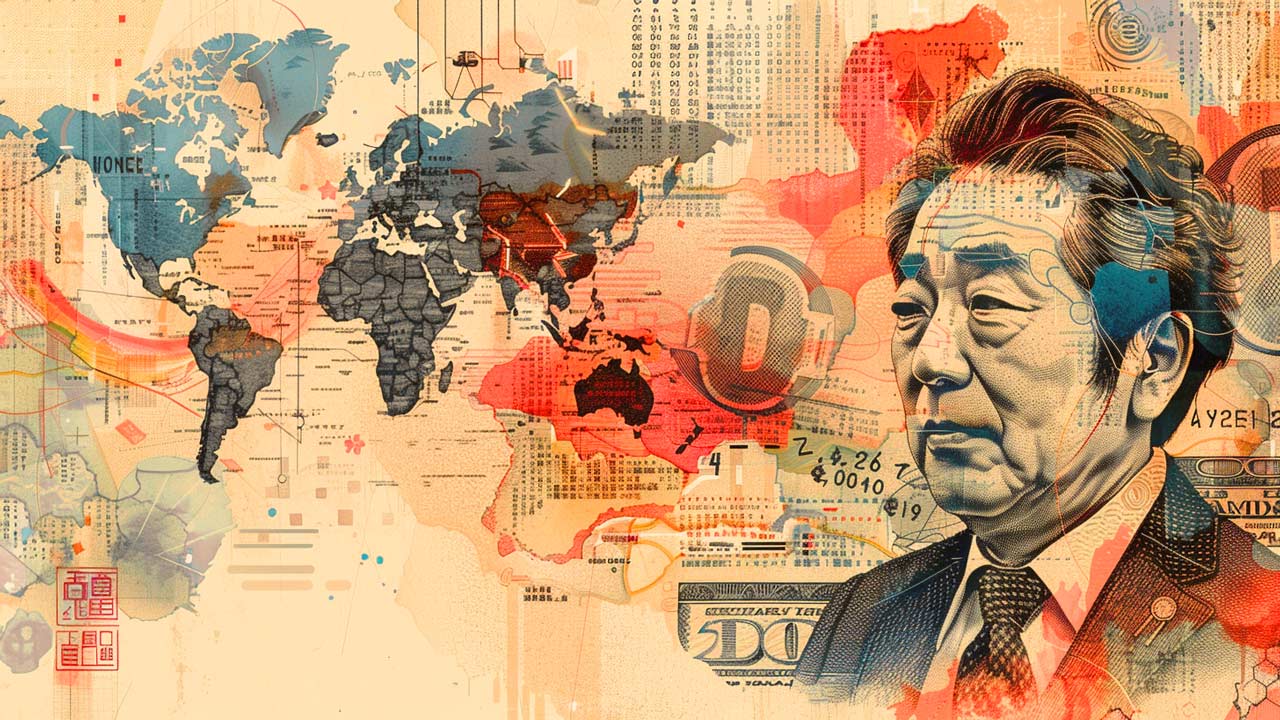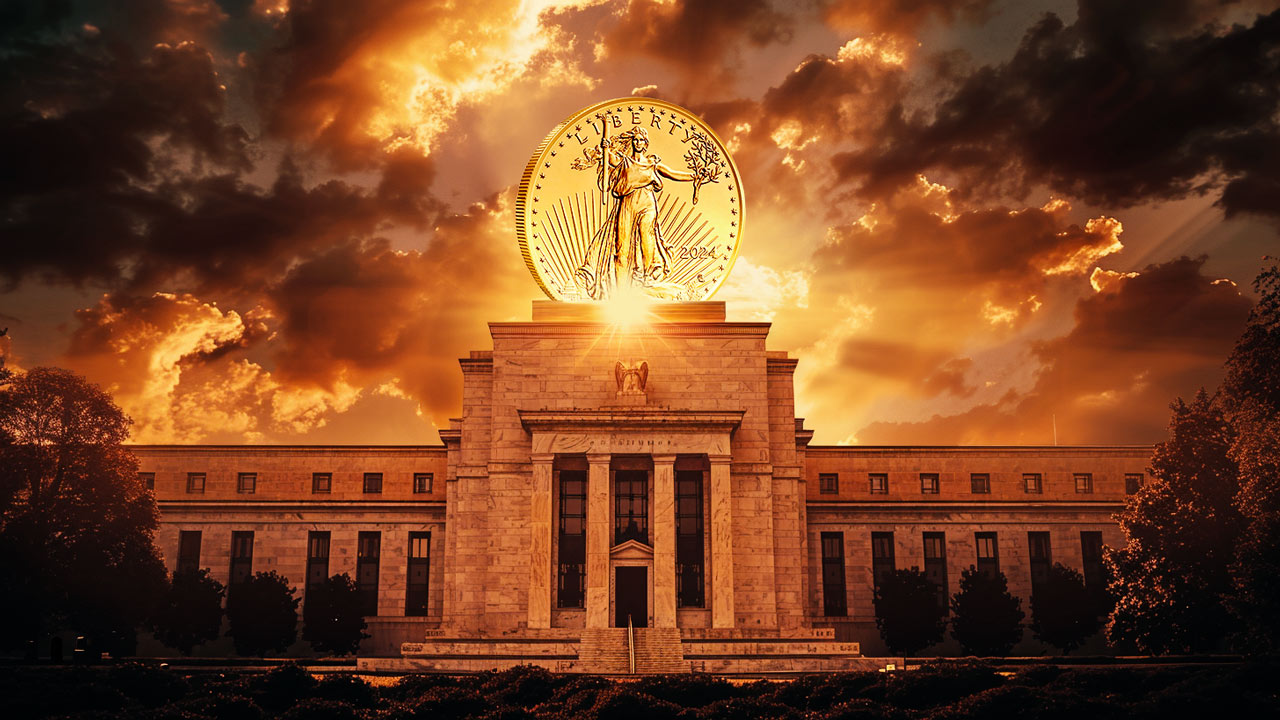Hurts So Good: When Exactly Are Falling Prices Bad?
In a new commentary from Euro Pacific Capital, Peter Schiff debunks the double-speak mantra of central bankers that claims falling prices in one sector (like oil) are good for consumers, while falling prices across the board will stagnate an economy.
The sudden fall in the price of oil provides a unique opportunity to examine the widely held belief that deflation is economic poison. As many governments and central banks have vowed to fight deflation at all costs in 2015, the question could hardly be more significant.
While falling prices may strike the layman as cause for celebration, economists believe that it can kick off a nasty, and often inescapable, negative cycle, which many believe leads inevitably to a prolonged recession, or even a depression. However, these same economists acknowledge that falling energy prices may offer a stimulus, equivalent to an enormous “tax cut,” particularly for lower and middle income consumers for whom energy costs represent a major portion of disposable income. They suggest that the money consumers and businesses no longer spend on gasoline and heating oil could be spent on other goods and services thereby creating demand in other areas of the economy. Even Fed Chair Janet Yellen, a staunch advocate of the economic benefits of rising consumer prices, has extolled the benefits of falling oil prices.
After considering these competing tensions, most economists agree that falling energy prices are a net positive for an economy (except for oil exporting countries like Russia and Venezuela). But the fact that there is even a debate is shocking. It should be clear to anyone that consumers individually, and an economy collectively, benefit from lower energy prices. As I mentioned in a column late last month, no one buys energy for energy’s sake. We simply use it to do or get the things that we want. The lower the cost of energy, the cheaper and more abundant the things we want become.
But if we all can agree that lower energy prices offer a benefit, why can’t we make the same conclusion about food prices? Wouldn’t consumers get a huge “tax cut” if their grocery bills fell as dramatically? How about health care? Wouldn’t we all be better off if our hospital and insurance bills fell dramatically from their currently insane levels? Come to think of it, why wouldn’t we be better off if the price of everything fell? When does too much of a good thing become too much?
Get Peter Schiff’s latest gold market analysis – click here – for a free subscription to his exclusive weekly email updates.
Interested in learning more about physical gold and silver?
Call 1-888-GOLD-160 and speak with a Precious Metals Specialist today!



 What is Nvidia? If you’re a committed gamer the question may sound like nonsense. Nvidia, which was founded in 1993, is a tech company that makes GPUs and other products. It originally specialized in making products for the video game industry, that assisted in 3D rendering. If you were a committed gamer, you probably owned their products. If you weren’t, you might not have heard of them.
What is Nvidia? If you’re a committed gamer the question may sound like nonsense. Nvidia, which was founded in 1993, is a tech company that makes GPUs and other products. It originally specialized in making products for the video game industry, that assisted in 3D rendering. If you were a committed gamer, you probably owned their products. If you weren’t, you might not have heard of them. With the AI boom and green energy push fueling fresh copper demand, and with copper mines aging and not enough projects to match demand with supply, the forecasted copper shortage has finally arrived in earnest. Coupled with persistently high inflation in the US, EU, and elsewhere, I predict the industrial metal will surpass its 2022 top to reach a […]
With the AI boom and green energy push fueling fresh copper demand, and with copper mines aging and not enough projects to match demand with supply, the forecasted copper shortage has finally arrived in earnest. Coupled with persistently high inflation in the US, EU, and elsewhere, I predict the industrial metal will surpass its 2022 top to reach a […] America’s trust in its institutions has rapidly eroded over the past 20 years. We have a lower level of trust in our judicial system and elections than most European countries. Some of this is natural, as Americans are uniquely individualistic, but much of it arises from repeated government failures.
America’s trust in its institutions has rapidly eroded over the past 20 years. We have a lower level of trust in our judicial system and elections than most European countries. Some of this is natural, as Americans are uniquely individualistic, but much of it arises from repeated government failures. Decades of negative interest rate policy in Japan have ended. That could mean the end of the $20 trillion “yen carry trade,” once one of the most popular trades on foreign exchange markets, and a chain reaction in the global economy. The yen carry trade is when investors borrow yen to buy assets denominated in […]
Decades of negative interest rate policy in Japan have ended. That could mean the end of the $20 trillion “yen carry trade,” once one of the most popular trades on foreign exchange markets, and a chain reaction in the global economy. The yen carry trade is when investors borrow yen to buy assets denominated in […] With a hot CPI report casting a shadow of doubt on the likelihood of a June interest rate cut, all eyes are on the Fed. But they’ve caught themselves in a “damned if they do, damned if they don’t” moment for the economy — and the news for gold is good regardless.
With a hot CPI report casting a shadow of doubt on the likelihood of a June interest rate cut, all eyes are on the Fed. But they’ve caught themselves in a “damned if they do, damned if they don’t” moment for the economy — and the news for gold is good regardless. 
Leave a Reply